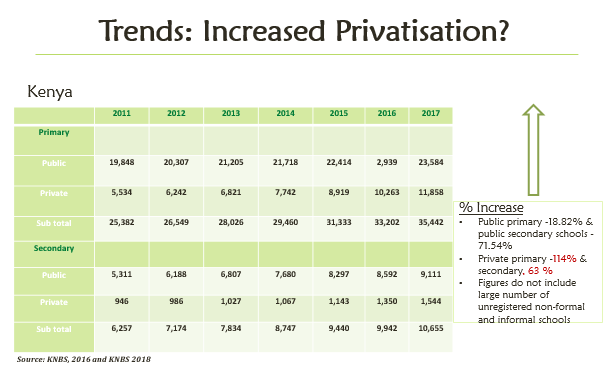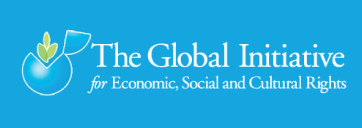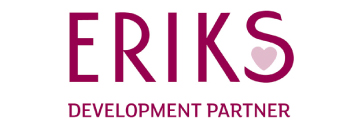ENGAGEMENT STRATEGIES
Research: We conduct research, surveys, and data collection activities to gather evidence, inform decision-making, and advocate for change. We use data-driven insights to identify gaps, assess impact, measure progress, and develop evidence-based solutions.
Awareness creation: Under awareness creation, we make a deliberate effort to inform, educate, and raise consciousness among individuals, communities, or the general public about specific issues, topics, or causes so as to increase understanding and engagement.
Capacity Building: We strengthen the skills, knowledge, and capabilities of individuals, organizations and institutions working in human rights.
Legal and Policy Advocacy: We advocate for legal reforms, policy changes, and institutional improvements to protect and promote human rights by engaging with policymakers, legislators, and government agencies.
Networking and Partnership: Under networking, we seek to build and maintain professional relationships with individuals, organizations and stakeholders to exchange information, resources, and opportunities. In partnerships, we promote collaborative relationships with individuals, organizations, institutions or stakeholders as we work together towards shared goals, objectives or projects.
Incorporating Additional Information on Privatization of Education
Right to Education Program: Addressing the Challenges of Privatization
In response to the growing challenges posed by the privatization of education, the Right to Education Program at EACHRights remains steadfast in its commitment to ensuring every child’s access to free, compulsory, and quality basic education. This commitment is enshrined in the Kenyan Constitution of 2010, and we actively address the multifaceted impact of privatization on human rights, particularly as highlighted by the Report of the Special Rapporteur on extreme poverty and human rights (2018).
Contact
- Our Head Office; House No. 4 Cedar Court, Timau Road Kilimani, Nairobi, Kenya.
- +254-701-670090
- info@eachrights.or.ke

Understanding Privatization in the Context of Education
Karl Thompson defines privatization of education as the transfer of education services from state ownership to private entities, including companies, charities, or religious institutions. The consequences of such privatization, as outlined by the Special Rapporteur, often involve the systematic elimination of human rights protections, further marginalizing the interests of low-income earners and those living in poverty.
Historical Context in Kenya
In the Kenyan context, the landscape of education underwent significant changes, especially in the years following 1990. A surge in private schools was observed, driven partly by reduced public expenditure on education during the 1980s, influenced by structural adjustment policies (SAPs). This period saw diminished access to education, particularly for disadvantaged children, including girls from rural communities, the urban poor, and children with disabilities.
The introduction of the Free Primary Education (FPE) program in 2003 led to a substantial increase in private schools. This rise was attributed to the massive influx of students into public schools, resulting in a decline in quality due to overburdened facilities. Challenges in public education included low teacher-pupil ratios, inadequate learning facilities, poor learning environments in urban slums, frequent teacher strikes, high costs, and poor overall education quality.
Current Scenario and Trends
Between 2011 and 2017, public primary and secondary schools increased, but the growth of private schools was more pronounced, especially in informal settlements. This was driven by severe shortages of basic services, including education, in these areas. The United Nations Committee on the Rights of the Child (2016) expressed concerns about the low quality of education, rapid growth of private and informal schools, and the resulting deepening of inequalities.
Challenges and Recommendations
Despite this growth, private actors in education lack adequate monitoring and regulation by the state. The lack of enforcement of regulatory frameworks allows for infringements on the right to education, especially with commercial, for-profit actors. The absence of a national database for non-state schools makes monitoring difficult, and the inadequate resourcing of regulatory functions further compounds the poor quality of education in such schools.
EACHRights advocates for the enforcement of existing regulatory frameworks, the registration of private schools, and the establishment of guidelines for oversight and implementation of public-private partnerships in education. Through our Right to Education Program, we strive to address the challenges posed by the privatization of education, ensuring that the right to quality education is upheld for all. For more information about our efforts, please contact Johnstone Shisanya at johnstone@eachrights.or.ke.









